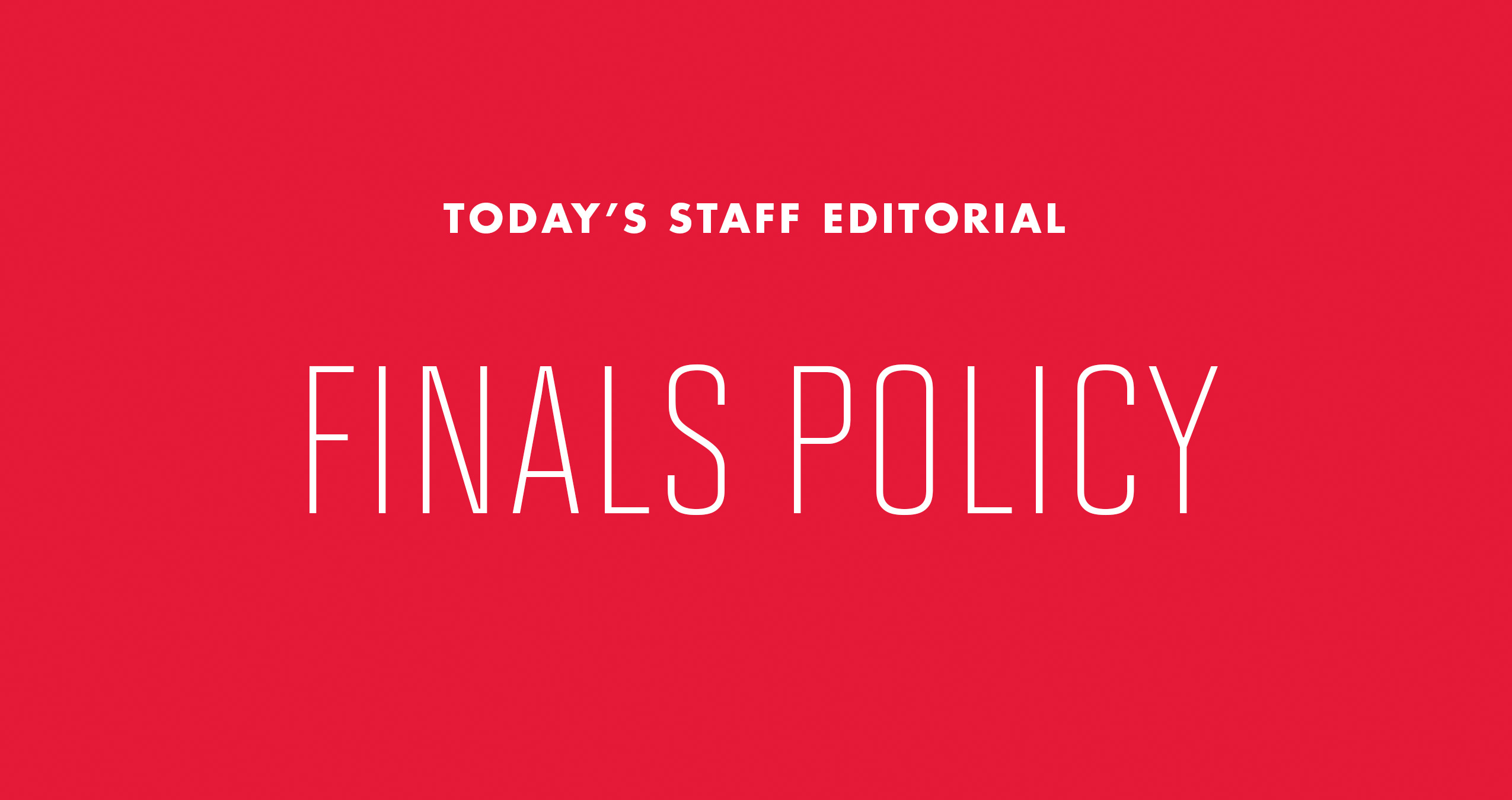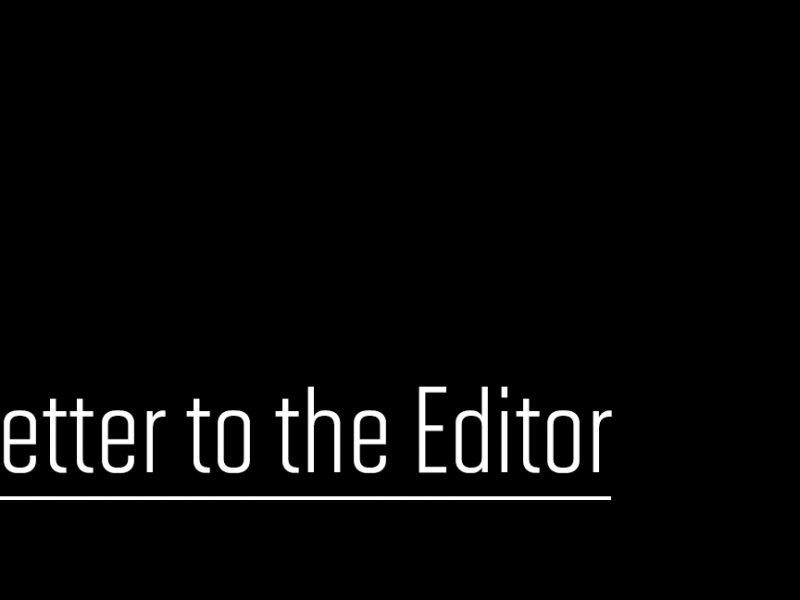It’s time we face the truth: Summer is ending. Break out that Florence + The Machine record buried in the crap pile you promised to sort through since finals ended because the dogs days are over. Time is not on your side any longer — the summer is more than halfway finished. And that means you need to stop wasting time and seize the limited time you have left of this summer. But how do you make good use of your time when you’re still feeling burnt out from the end of last semester?
Stress has its way of hanging around, especially post-finals. If you search “post-finals depression” on the Internet, you’ll get thousands of hits. This depression manifests itself via insomnia, extreme procrastination, a lack of motivation, general depression and feeling pressure weeks and months after taking exams. Combine post-finals depression with August’s daunting approach and it’s easy to see why some students feel goal paralysis well into the summer. Those who created a summer bucket list or had three-month goals in mind are even more susceptible to this paralysis; after finals, many wait for the burnout to pass before tackling their personal goals. But when it doesn’t, it’s easy to fall off the wagon or lose sight of the things they wanted to do because time is running out, and that’s enough of a stressor to deter them from achievement.
These negative, self-sabotaging behaviors are the result of finals topping off an already stressful school year, which is why the University of Maryland needs to change its finals policy.
There is no reason why the stress of finals should be lingering through the summer months. If finals are striking this much panic and anxiety in students, the university owes it to them to adopt less stressful methods of administering exams or do away with exams for good. Top universities in the U.S. and around the world are cutting the exams, or mitigating the terror of finals week. Connecticut College allows students to schedule their finals so they are fully prepared heading into the exam room. In 2010, only about 4 percent of Harvard University undergraduate courses required students to take a final. Canadian universities are well on their way to doing away with finals because “high-stress exams give a false picture of a student’s abilities,” according to a 2015 National Post article.
While August signifies summer’s end, the four weeks before school starts is enough time to carry some long-term goals to completion, or at least bring some to fruition. Just be proactive and efficient with your time. It may mean sacrificing sleeping in to hike that mountain by your house, but crossing that goal off your bucket list will be immensely rewarding and may help you break your burnout streak. If you know something will take longer than four weeks to finish, print your schedule for this upcoming semester and set aside time between classes to work on your goals. However, be mindful of goals that can only be completed within August’s timespan. Put these things at the top of your to-do list; chances are these are the most grueling and mundane tasks that you’ve been putting off since finals ended. Procrastinating is not going to make them any less annoying to do.
Summer should be a productive and enriching period for students. If finals and the depression that follows is holding students back from potential achievement, this university needs to disregard tradition, re-evaluate its finals policies and do the right thing for its students.



